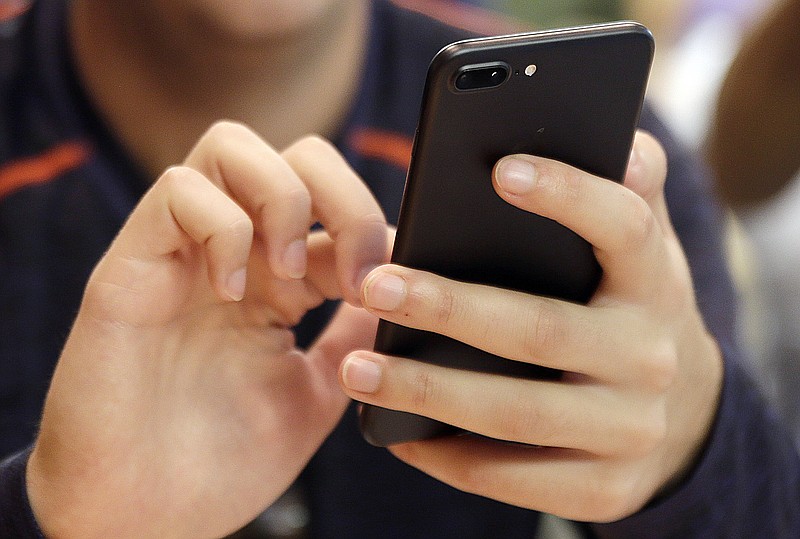It seems like every time I give a talk these days, the topic turns to scammers and, often, to phone scams. Readers' Digest agrees with me about the importance of understanding the necessity of diluting (and deleting) these offenders. Some of these I've mentioned before and (as always) here are some newbies that materialize along with the sun (it seems) each and every day.
-Charitable or political donations. Unfortunately, those charities we've donated to in the past have the legal right to contact us again. However, this contact isn't always a genuine one, so it pays to be ultra-suspicious. "NEVER give personal info over the phone" is a phrase I've repeated ad nauseum for years but it's so very true and bears repetition. If this "cause" is legitimate (and if you might wish to donate), inform the caller you must receive info by mail. If a scammer, he'll argue or, perhaps, hang up immediately; at any rate, you'll know if the call is authentic or not by his reaction.
-You've just won the state lottery! Oddly enough, you haven't played this contest since 2012. The sheer excitement is overwhelming so it's easy to lose touch with reality when dollar signs clutch every brain cell in our heads. Obviously, you didn't win if you didn't play. Secondly, if the caller wants you to send them money to secure the big "win," hang up and run for the hills.
-Never say yes. One of the more recent scams and one I've discussed previously, is when you answer a call (and that by itself is a no-no unless you're sure who's on the other end) and someone says, "Can you hear me?" When you get such a call, slam the sucker down as hard and as quickly as possible. When you answer, "yes," you've just given a recorded affirmative to whatever the Sammy Scammer is selling and to the tune of however many dollars he wishes. A court of law will uphold your "yes," so please watch out.
-Uncle Sam calling. Tax season is prime time for IRS impersonators to contact us to try to collect money. If we refuse, we're threatened with the police (which can scare some folks into agreeing to send this "IRS'er" the deceitful funds). Again. Just. Hang. Up. The real IRS never demands immediate phone payment; any government notice is on official letterhead and by mail.
-Bank callers. On the other hand, we can and do receive calls from our banks. Because of this, sometimes we're not as cautious as necessary when they ask for account information. If you're the least bit mistrustful or apprehensive, hang up and call customer service for verification.
-Non-tech support. If Apple, Microsoft or whatever (so they say) tech company comes a'callin' to see if you've got computer issues, say no and hang up. Chances are the imposters will install malware on your computer.
-In jail, an accident or kidnapped. I've warned against this action for a long time. In my opinion, scum who use loved ones – particularly younger family members or the elderly – to benefit monetarily are the lowest form of life. Please don't fall for this. Most real kidnappers don't want to keep us on the phone very long because of they're afraid of getting caught.
Speaking of phone calls, I've advocated nomorobo.com for a long time. Recently, it was brought to my attention that Chattanooga's own epbfi doesn't allow nomorobo on its system. Everyone, please, please contact epbfi at 423-648-1372 and urge the company to add Simultaneous Ringing to stop users from getting robocalls.
Contact Ellen Phillips at consumerwatch@timesfreepress.com
